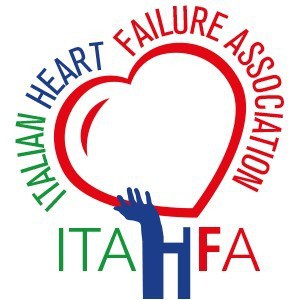Video
HFA 24: Remote Patient Monitoring for Patients With Heart Failure: TELESAT
Published: 14 May 2024
-
Views:
 160
160
-
Likes:
 0
0
Average (ratings)
No ratings
HFA 2024 — Investigator, Prof Nicolas Girerd (University Hospital of Nancy, FR) joins us to discuss the findings from the TELESAT study (NCT06312501).
This multicenter observational longitudinal cohort study investigated whether a Remote Patient Monitoring (RPM) program (Satelia®Cardio, Satelia) is able to prevent cardiac decompensation by detecting weak signals of decompensation early in patients with chronic heart failure in France. The study enrolled 20,000 participants with heart failure, with the primary outcome being all-cause death from August 2018 to December 2021.
Findings showed an association between RPM programmes and lower all-cause mortality (35% reduction) based on weight and symptoms evaluation coupled with tele-education.
Interview Questions:
- What was the reasoning behind this trial?
- What was the patient population and study design?
- What were the key results revealed at HFA 24?
- How should these findings impact practice and future research?
- What surprised you about the results of TELESAT study?
Recorded on-site at HFA 2024, Lisbon.
"So I'm Nicolas Girerd, I'm a cardiologist in Nancy, France, and I will be discussing the TELESAT results.
Study Rationale
So the reasoning behind the study is to evaluate how remote monitoring can improve patient outcome. This remote monitoring programme, RMPs, have been implemented in France for a few years now and we wanted to evaluate how it was associated with mortality.
Patient Population
So the patient population was actually twofold. On one hand, there are patients hospitalised for heart failure, and on the other hand, patients thought of having high NTproBNP because those are patients that are eligible, according to French law, to remote monitoring.
So this was easy in the remote monitoring programme. Patients, it was a little bit more tricky in the controls to assess.
Key Results
So the key results for this study are that there is an association between remote monitoring programme based uniquely on weight and symptoms evaluation, coupled with tele-education, and it actually was associated with lower rates of all-cause mortality, 35% lower and very significant in this very large study, including almost 20,000 patients.
Implications for Practice
So to impact practice, usually you need randomised evidence. This is not randomised, this is observational, but still interesting real-world data. And this suggests that remote monitoring is associated with lower risk of bad outcomes.
So it may guide the policies of other countries. Currently, in France, it is already reimbursed, but it is actually an exception, I think, in Europe. So it may be helpful to other countries.
Interpretation of Results
The size of the reduction in all-cause mortality is a little bit surprising because it seems very large. It is probably because there is nothing, only remote monitoring. It's actually an interface that helps building follow-up for integrated follow-up for the patient, and this is probably why we have this kind of association.
It's probably not just the monitoring itself, but rather the context of it.”








Comments